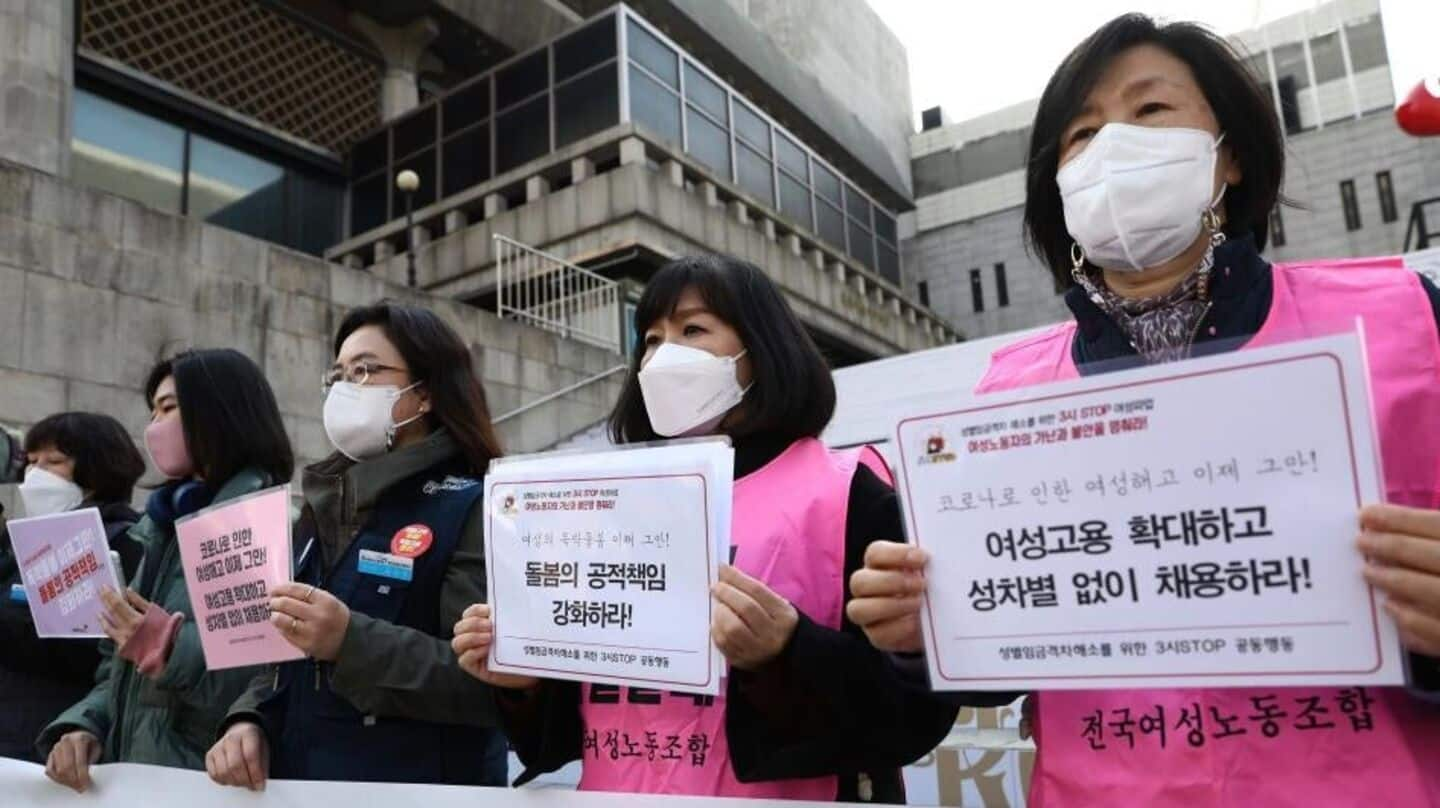
World's largest 'baby exporter' admits adoption fraud to meet demand
What's the story
An investigation has found that the South Korean government committed human rights violations during its postwar frenzy of sending babies overseas for adoption.
The inquiry by the government's Truth and Reconciliation Commission found that birth records were falsified, children were reported as abandoned when they weren't, and safety checks on prospective parents weren't adequately done.
Since the 1950s, over 200,000 South Korean children have been adopted globally due to a booming adoption industry.
Allegations
Adoption agencies accused of coercion and deception
Many of the adopted children, now grown-ups, accused adoption agencies of coercion and deception. Some alleged they were forcibly removed from their biological mothers.
The commission's investigation was based on the first 100 cases out of the 367 petitions received by it from adoptees sent abroad between 1964-1999.
The adoptees came from 11 different countries; many suspected corruption and malpractice in their adoptions.
Findings
Government negligence identified in adoption cases
The commission found 56 of the first 100 cases to be "victims" of the government's negligence, violating their rights under Korean law and international conventions.
Commissioner Lee Sang-hoon said private agencies, which ran adoptions without any government supervision and depended on donations, were a major part of the problem.
When adoption agencies depend on adoptive parents' donations, they are pressured to keep sending kids abroad to sustain operations, he said.
Evidence
Investigators found evidence of falsified records
It revealed instances of fabricated records, like intentional identity replacement and false claims of the adopted kids being abandoned by their biological parents.
The commission also observed that proper consent of parents for adoption was often missing.
Irregularities were found at all levels of the adoption process, including inadequate screening of prospective parents, neglect by guardians looking after the children, and foreign parents being pressured to pay for a child.
Suggestions
Recommendations for government actions
The commission recommended that the government issue an official apology, carry out a comprehensive survey of adoptees' citizenship status, and devise remedies for victims whose identities were falsified.
This investigation is part of a larger inquiry into over 300 cases that started in 2022.
According to government data obtained by AP, less than one-fifth of the 15,000 adoptees who have requested assistance with family searches in South Korea since 2012 have been reunited with relatives.